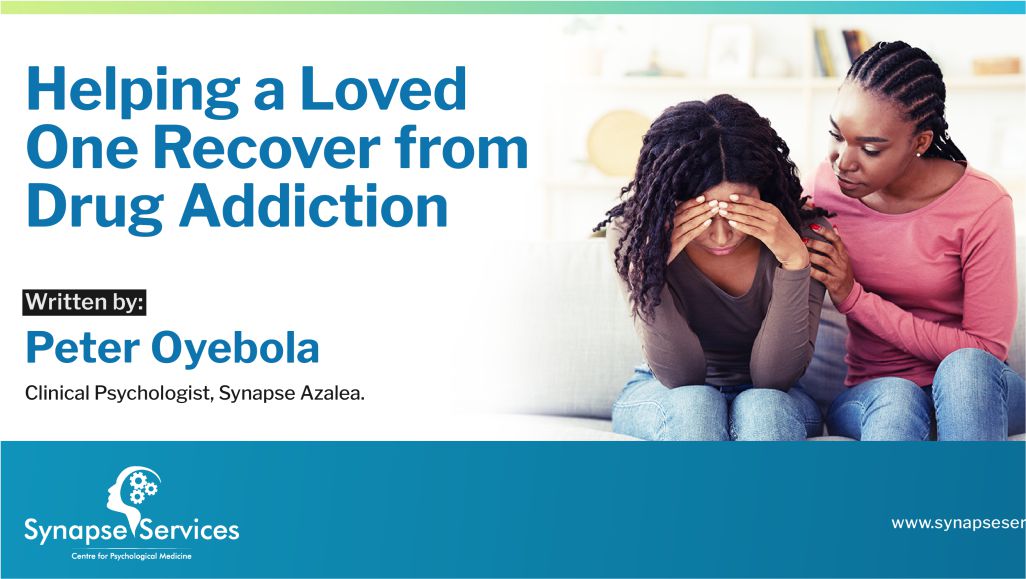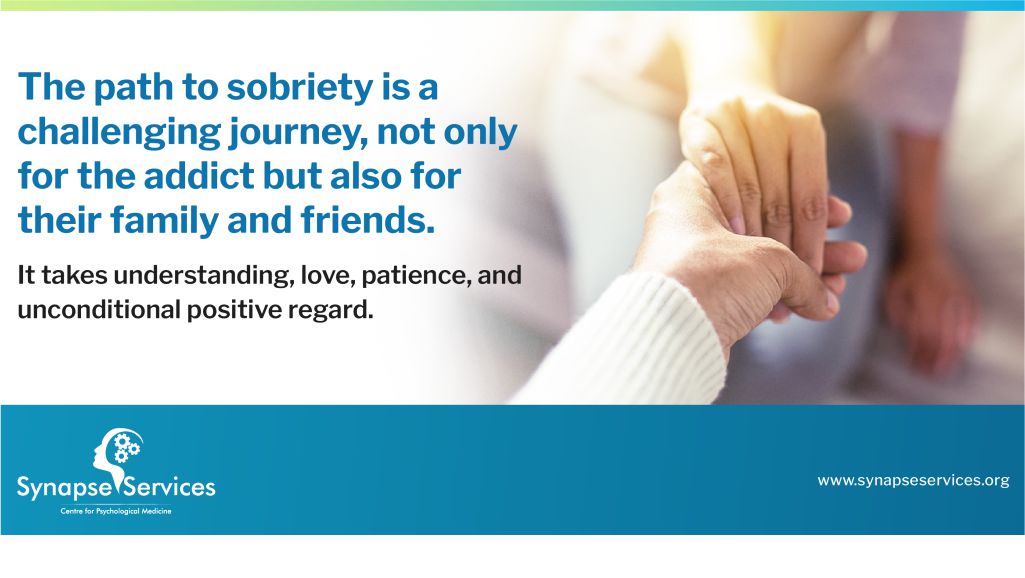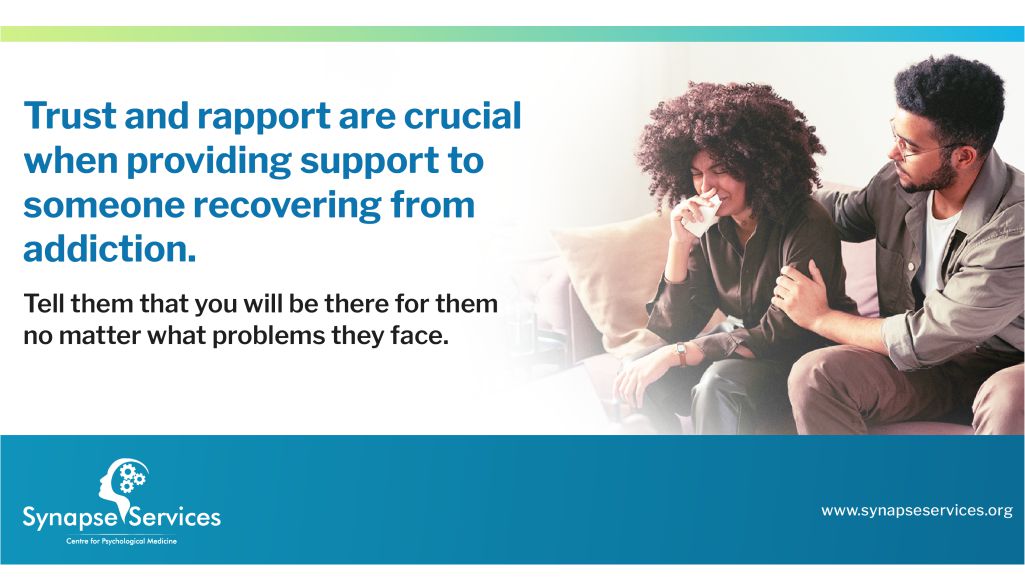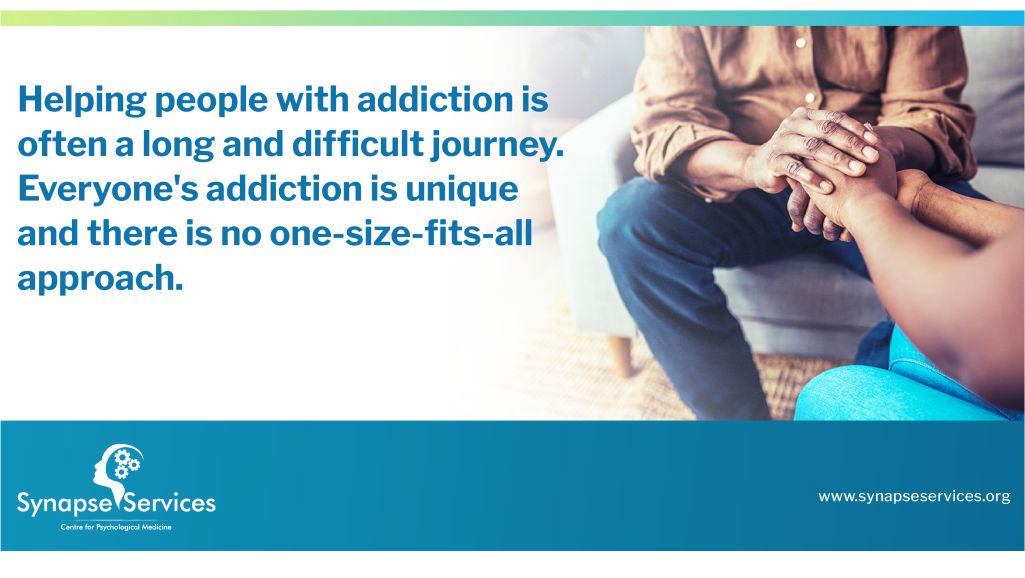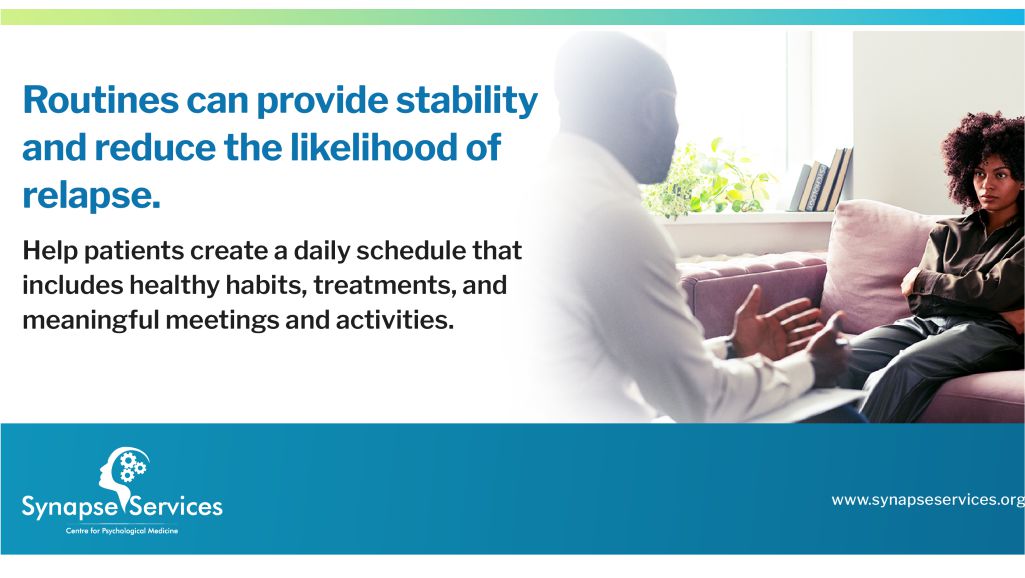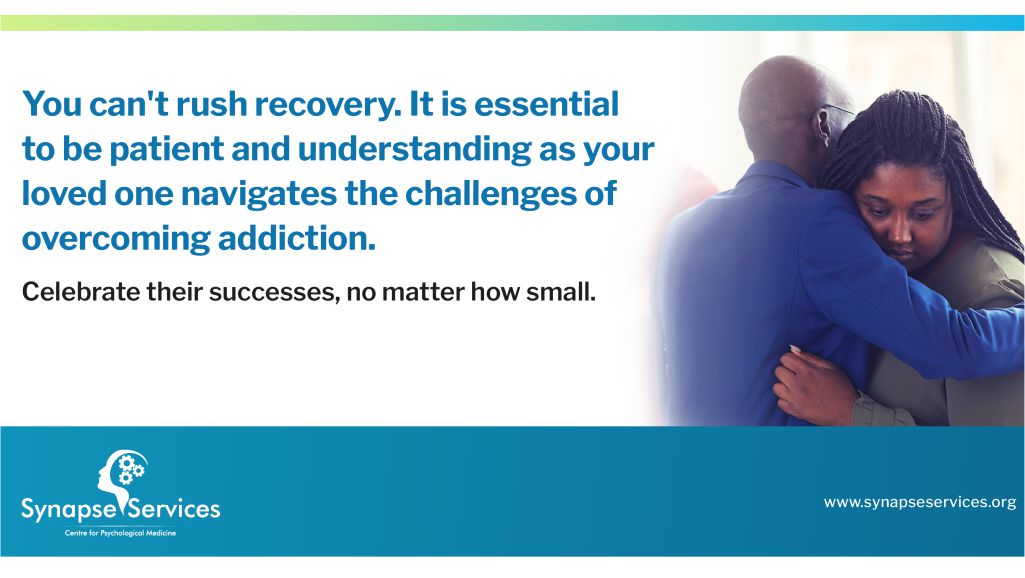Helping a Loved One Recover from Drug Addiction
The path to sobriety is a challenging journey, not only for the addict but also for their family and friends. It takes understanding, love, patience, and unconditional positive regard.
Addiction can take many forms, including drug use, gambling, and even addiction to electronic devices. A lot of times, we hear people say that they can't stay 1 hour, or 2 hours without their phones. Isn’t that dependency, which is a hallmark of addiction?
In this guide, we will explore various ways to help people overcome addiction and help them on the road to recovery.
1. Educate yourself:
The first thing to do to be able to help someone with an addiction is to educate yourself and understand the nature of the problem. After all, you can’t help solve what you don’t understand.
Get to understand the specific substance or behavioural disorders; their physical and psychological effects, and treatment options.
The more knowledge you gain, the better you can solve problems that arise down the road. This will also help to dispel myths and stigmas and promote greater understanding. Maybe the reason why you or those around you still think addiction is a bad habit stems from a lack of adequate knowledge.
2. Open communication:
Drug addiction often develops through hiding and isolation, so open and honest communication is key to recovery. It is very important to communicate in a non-judgmental manner.
Create a safe space where your loved ones can feel free to share their struggles and fears. Do not criticize, show care and concern. Compassionate communication can be a powerful tool in building trust and laying the foundation for healing.
3. Encourage proper treatment and professional support:
While support is important, remember that addiction is a complex problem that often requires professional intervention.
Encourage your loved one to seek help from a mental health professional trained in addiction. Help find the right resources and accompany them to appointments when necessary.
Collaboration between you, your loved ones, and professionals ensures quality care and increases success. However, it is important that professionals offer effective treatment strategies, and our role as family and friends is to provide the support needed.
4. Be a trusted source of support:
Trust and rapport are crucial when providing support to someone recovering from addiction. Tell them that you will be there for them no matter what problems or problems they face. Your constant presence, compassion, and encouragement can give them the hope and motivation they need to continue their recovery.
Likewise, social support also plays an important role in overcoming addiction. Professional support from Psychologists, doctors and psychiatrists are very important. It's important to encourage people to find groups. It is equally important to ask if they have delivered their speech afterward. Creating a sense of community can strengthen their commitment and provide a sense of well-being.
5. Be patient:
You can't rush recovery. It is essential to be patient and understanding as your loved one navigates the challenges of overcoming addiction. Celebrate their successes, no matter how small, and offer empathy during setbacks.
Consistent support is a key factor in long-term recovery.
6. Set Boundaries and Avoid Enabling the Addiction:
While empathy is crucial, avoid enabling destructive behaviour. Avoid giving financial incentives that can be used to buy things, and resist the temptation to cover up or excuse your behaviour.
Just encourage responsibility and accountability. Use boundaries to maintain personal relationships and personal responsibility. Be clear about what you will and won't do to make sure you don't upset their behaviour.
A boundary can help people understand the consequences of their actions and encourage them to come back for more.
7. Encourage good behaviour:
As a sponsor, it is important to encourage good behaviour and a positive attitude. Acknowledging and celebrating successes, no matter how small can help people feel confident in their ability to overcome addiction.
Good habits encourage and support healthy processes such as exercise, mindfulness, or engaging in hobbies and interests. You can help people see the progress they've made by showing positive changes.
8. Promote a healthy lifestyle:
Drug addiction often makes a person sick. Encourage people to make healthy lifestyle changes, such as exercising regularly, eating healthy, and getting enough sleep.
Participating in physical activity can help improve your mood, reduce stress, and improve your overall health.
9. Help establish routines:
Routines can provide stability and reduce the likelihood of relapse. Help patients create a daily schedule that includes healthy habits, treatments, and meaningful meetings and activities.
While adequate time is allocated for self-care in daily life, good behaviour should also be focused on.
10. Provide counselling:
Supporting an addict requires more than emotional support. Counselling is provided in a variety of ways, such as business assistance, financial management, or security and livelihood analysis.
Dealing with real-life problems frees up mental space to focus on recovery.
11. Practice self-care:
Supporting someone with an addiction can be stressful and stressful. Remember to prioritize self-care and reach out to yourself for support. This may include professional training, talking to friends or support groups, or participating in stress-reduction activities.
Taking care of yourself allows you to stay strong for the people you love.
Helping people with addiction is often a long and difficult journey. Everyone's addiction is unique and there is no one-size-fits-all approach. Tailor your support to meet the unique needs and interests of those you help. By combining information, perspective, open communication, advice, and a positive attitude, you can make a huge impact on someone's journey and recovery.
Supporting a loved one through drug addiction recovery can be challenging, but it is essential to remember that they are not alone.
By offering understanding, patience, and encouragement, you can play a crucial role in their journey to sobriety.
If you or someone you know is struggling with drug addiction, Synapse Azalea is here to help. Our mental health and drug rehabilitation services in Abuja provide comprehensive support and treatment programs to assist individuals in overcoming addiction and leading healthier lives.
With the right support and determination, recovery is possible.
References
Mayo Clinic. Intervention: Help a loved one overcome addiction. https://www.mayoclinic.org/diseases-conditions/mental-illness/in-depth/intervention/art-20047451




